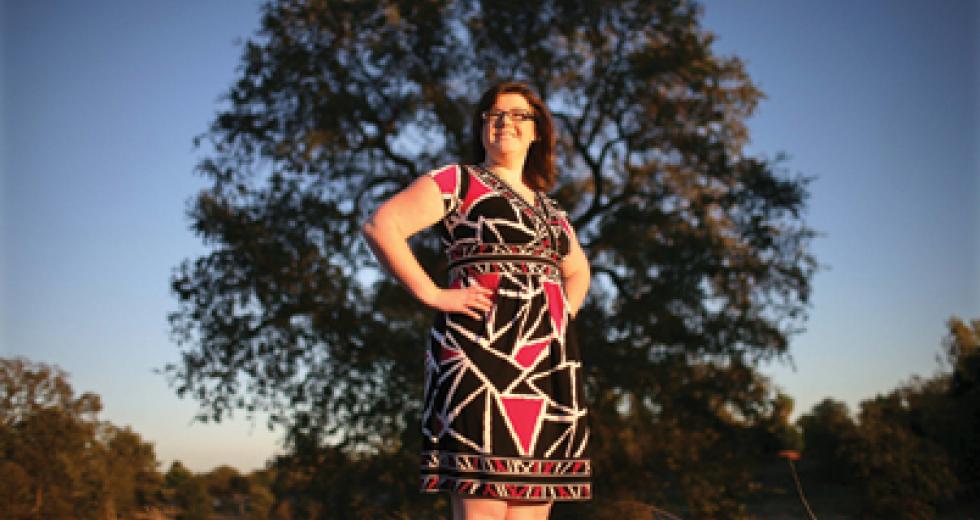Scott Steele rushed his daughter to the hospital one night because her ear infection wouldn’t heal.
This was 15 years ago. His daughter, Allison, was 2 years old. But Steele remembers the pain that came as soon as the doctor told him the news.
“I’m really sorry to tell you, but your daughter has some kind of cancer,” the doctor said. “We need to figure out what kind it is.”
After several tests, the doctors diagnosed Allison with a rare type of leukemia, which is a cancer of the blood and bone marrow. They didn’t expect her to survive the weekend.
Steele knew from taking Latin in high school that leukemia had something to do with blood. Beyond that, in a pre-Google world, he had no idea where to turn. But in the hospital, as he waited with his wife and son for a miracle, Steele found a brochure loaded with information from The Leukemia and Lymphoma Society.
He read up on the disease and learned about the nonprofit, the world’s largest voluntary health organization dedicated to funding blood cancer research and patient services. In his darkest hour, he says, he found hope in those pamphlet pages.
“The brochure told us that the disease was curable and talked about improvements made over time,” he says. “It really let us know that there was a resource there for us and that we weren’t the only ones who had ever dealt with this.”
Allison lived through the weekend and stayed in the hospital for 180 days. She met another girl there, Nikki, who had leukemia. They played together in their spare time, but the aggressive disease wouldn’t go away. In six months, doctors gave Allison the same dose of chemotherapy that many patients receive over two-and-a-half years.
“They were just trying to get her to survive,” Steele says. “Allie’s such a fighter.”
Allison is 17 now and a senior at Elk Grove High School. Due to the massive doses of chemo, she suffers from periodic seizures, Steele says, but she continues to fight. If it wasn’t for the society, Steele doesn’t think Allison would still be alive. He says he has stayed involved with the society because he wants to support other families going through what he went through.
“We’re so blessed to have that resource,” he says. “It’s not only life-changing; it’s lifesaving for so many people.”
He’s grateful because he knows the disease causes more deaths than any other cancer among children under 20 — like Nikki, who died the day Allison left the hospital.
When Allison was 3, the society invited Steele’s family to a training program, where they took pictures and shared Allison’s story. On the way out, Allison received a bouquet of balloons. But once outside, she lifted her arms and let them float away.
Steele didn’t understand.
“Why did you let those beautiful balloons go?” he asked his daughter as she watched them drift off into the sky.
“Because,” Allison replied, “Nikki needs to have a party up in heaven.”



